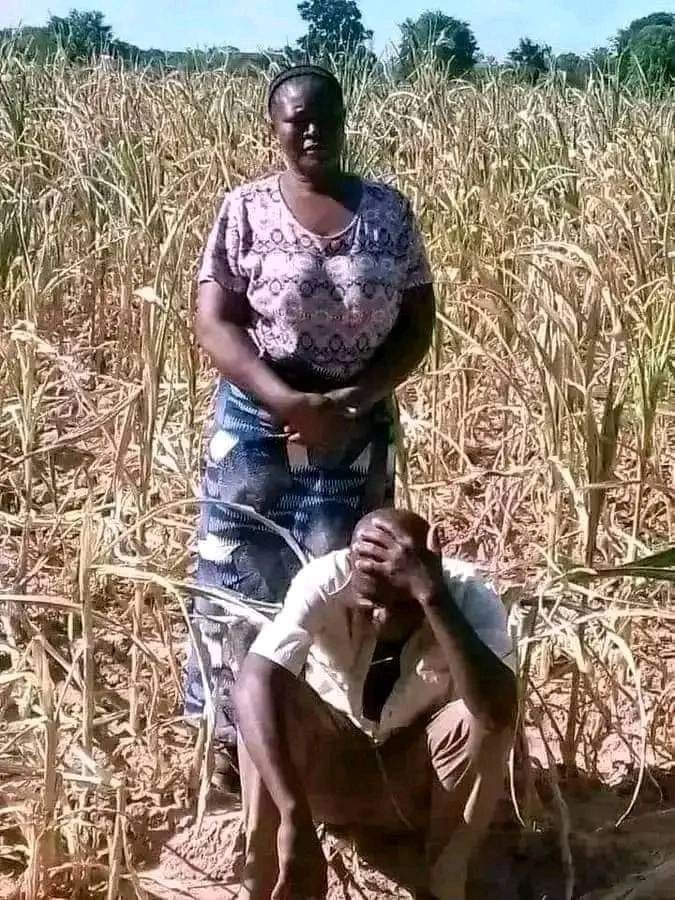As we navigate the complexities of climate change, the current situation in some regions of Nigeria is becoming increasingly concerning. For nearly four weeks, significant parts of our country have experienced little to no rainfall. This prolonged dry spell is already taking a toll on our agricultural sector, with visible impacts on crop growth and food production.
The Growing Crisis
Farmers across these regions are witnessing alarming signs—crops are stunted, plants are wilting, and the once fertile fields are showing signs of stress. The implications of this drought extend beyond the fields; they threaten our food security and the livelihoods of countless families who depend on agriculture.
What Lies Ahead
If this drought continues, the challenges we face will only intensify. Reduced crop yields could lead to higher food prices, increased hunger, and economic strain, especially in communities that rely heavily on farming. The ripple effects could touch every aspect of life in these regions, from health to education and beyond.
A Call to Action
Now, more than ever, it’s crucial that we come together to address this crisis. This means raising awareness, supporting our farmers, and investing in sustainable farming practices that can help mitigate the effects of drought. From water conservation techniques to climate-resilient crops, there are solutions available—what’s needed is the will to implement them.
What You Can Do
Whether you’re a farmer, a policymaker, or simply someone who cares about the future of our country, there are steps you can take to make a difference. Spread the word about the challenges our farmers are facing, support local agricultural initiatives, and advocate for policies that prioritize sustainable development and climate resilience.
Conclusion
The situation is urgent, but it’s not without hope. By taking action today, we can safeguard our food supply, protect our farmers, and ensure that Nigeria remains strong in the face of climate challenges. Together, we can turn the tide and create a more resilient and sustainable future for all.

Comments are closed